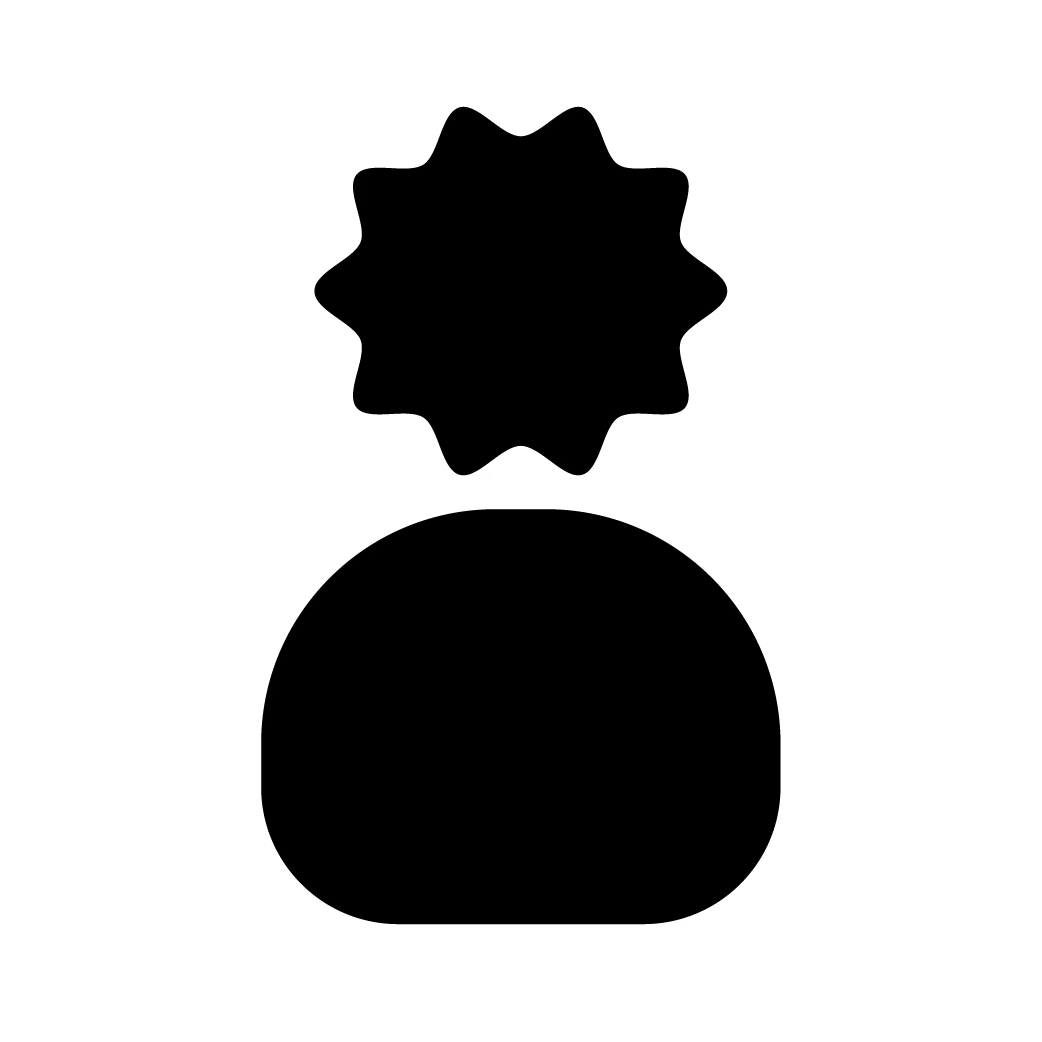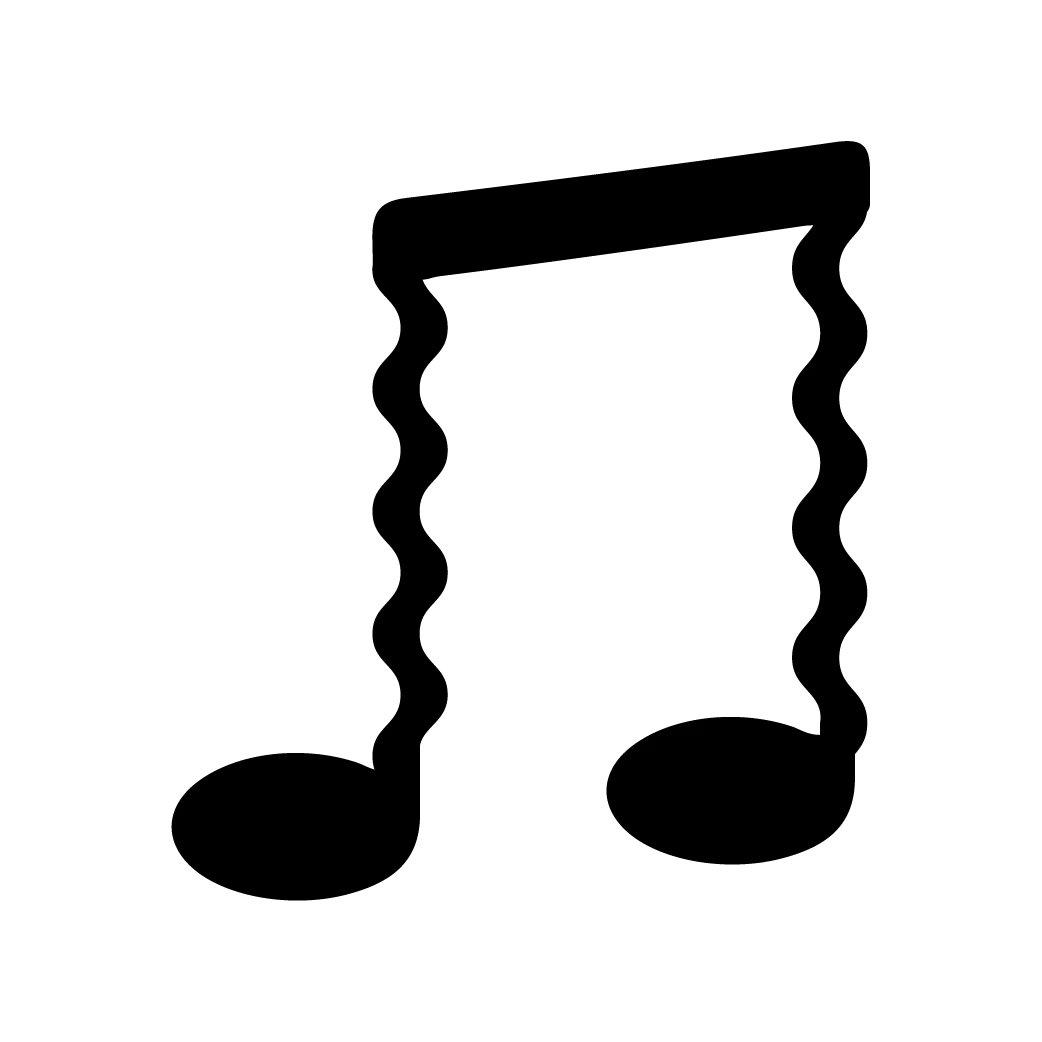Conclave Gets Real: What's Next for the Catholic Church?
The way an Oscar-nominated film suddenly becomes a real-life drama that fast… So let’s have a conclave! I wanna have a conclave. Lock the doors tight!
Mar 7, 2025
Between the global trade wars and Coachella weekend, the world gave a pause on the morning of Easter Monday (April 21) as news hit of Pope Francis passing away at 88 from a supposed stroke following two double pneumonia-induced hospitalizations earlier this year.
Coming off the heels of critical and commercial successes garnered by the Ralph Fiennes-led Conclave (2024), the internet is quick to spawn multiple memes and reactions to the Oscar-nominated film plot seemingly coming to life mere months after its release, skyrocketing its streaming numbers by 238%. However, as the College of Cardinals prepare to hold a papal conclave under the Sistine Chapel to elect the next pope within the next two weeks, everyone is left wondering who will be the late pontiff’s successor as the leader of the Roman Catholic Church and the Vatican City’s head of state.
It’s undeniable that Pope Francis’s twelve-year pontificate left indelible marks in The Holy See.
The Jesuit breathed some fresh air into a world of religious fascism, ushering in more progressive views, such as allowing episcopal blessing for same-sex couples (which earned him much ire) and upholding an ecclesiastical open-door policy for marginalized groups. He’s also known for condemning religious fundamentalism, consumerist capitalism, and Trump’s anti-immigration policies. His global diplomacy also hasn’t gone unnoticed, with pastoral visitations to international congregations (including Indonesia) as well as making daily calls to Gaza amidst the Palestinian genocide. It’s all synthesized by his motto “todos, todos, todos” (meaning “everyone, everyone, everyone”).
Still, he remained unwavering in his traditionalist opposition to abortion, contraception, same-sex marriage, and transgender issues, calling them an ideological colonization rooted in his denouncement of gender theory. Yet again, his actions speak another language, as he donated to trans sex workers in Italy and sat with them for pasta—not unlike what Jesus Himself did as recounted through the Biblical gospels.
Despite the many contradictions between Pope Francis’s statements and actions, many—especially queer and marginalized Catholics—welcomed him as a “beacon of hope,” promise, and promise for a reconciliation between social issues that the faith of the Church often oversees, is impervious to, or even outright objects.
It leaves us to wonder: will his successor follow in the footsteps of his legacy?
Over the past week, several cardinals from around the world have emerged as likely contenders. Some, like the archbishop of Marseille Jean-Marc Aveline, the Synod’s Secretary General Mario Grech, and Bologna’s “street priest” Matteo Zuppi shared Francis’s views. Others would herald the renaissance of pre-Francis Catholic Church conservatism, with papabiles Marc Ouellet and Peter Erdo, Fridolin Ambongo, and Robert Sarah expressing hardline oppositions against women, queer folk, and other marginalized communities like migrants and Muslims.
It seems though that a specialized spectacle is placed on the Ghanaian archbishop Ambongo and Congolese prelate Sarah, who if elected will become the first African pontiff in over fifteen centuries. The internet’s favorite, however, is the Filipino Antonio Luis Tagle—who maintained a close advisory relationship to the late pope, so much so that he was dubbed the “Asian Francis.” He will make history as the first pope of East and Southeast Asian descent if he were to ascend into the role.
However reductively MAGA would consider a mere DEI-induced inclusion, their presence in the list of papabiles warrants a conversation about the growth of Catholicism outside of Europe and their representation in Church leadership.
Speaking to BBC, Nigerian priest and professor Father Stan Chu Ilo said,
“The challenge is that you don't have any senior African clergy holding any important position today at the Vatican, and that poses a problem. If you think about African cardinals who are potential popes, who is prominent in global Catholicism today? The answer is none.”
Western colonization may have brought Catholicism over to regions in Africa and Asia, but it simultaneously set up systems of colonial hierarchy intertwined with the history of the Church. The precedence of European dominance of the Holy See, paired with the religion’s tendency of preserving traditionalism, proves to be a factor in maintaining the Eurocentrism of the papal succession.
Further complicating things is the pope’s dual role as not only leader of the Church, but also the Vatican City’s head of state. The political elements of ruling a sovereign nation, no matter how small the city-state is, prove to be another logical roadblock when it comes to the College of Cardinals—made up of a European majority—to cast a vote for a foreign papabille who may not possess the same administrative efficacy.
Yet, even through all that, one predicament remains, whether the ascension to papacy of a Filipino or African candidate teeters the very fine and blurred line between intentional representation and tokenism.
One thing for sure is that Pope Francis’s passing marks a pivotal time in the Catholic Church. Though many experts are theorizing that his successor might lean more conservative as a response to his polarizing quasi-libertarianism, it’s comforting to know there are papabilles like Tagle and Greich to carry on his torch. Amidst the world’s descent into fascism, it doesn’t hurt to hold out hope that the Sistine Chapel would soon release billows of white smoke and announce its new pontiff that would continue driving the Church in the road Francis paved.


















